How Openmind™ works

Openmind™ is a Psychometric Personality Profiling Tool that provides you with life-changing insights.
Openmind™ is the ultimate tool in self-awareness.
By combining neuroscience, psychology and advanced technology, Openmind™ measures not just your conscious thoughts, but your underlying, deeper feelings – the hidden drivers of who you are.
For the first time, you can visualise how you feel.
Traditional tools can only access 5% of your brain: the conscious part.
Openmind™ unlocks the other 95% of your brain that, until now, has been inaccessible: the nonconscious part. This 95% is responsible for shaping your attitudes, beliefs, and personality.
Openmind™ combines two assessment methods: an implicit assessment that measures your deep-seated feelings, beliefs and attitudes and an explicit questionnaire that measures what you think. Together, these give you the clearest, most complete picture of yourself.
Are you ready to adopt the ultimate in self-awareness technology and unlock your own truth?

What Makes Openmind™ Unique?
When Implicit and Explicit Align…
Openness: I’m very open to new ideas
Ms. X’s responses suggest a high openness to new ideas – both implicitly and explicitly. The slightly higher implicit score indicates that Ms. X may not be fully aware of their strong inclination towards novelty and change. This discrepancy could stem from a subconscious desire to explore new concepts, which is slightly more pronounced than their conscious recognition of this trait.
When your thoughts and feelings are in harmony, it means that you possess self-awareness about this trait, and behave with authenticity. However, this is not a judgment on how desirable the trait is to you.
When implicit and explicit align, this suggests that your behaviour towards this trait comes naturally, without effort. These are the things about yourself that you have probably exhibited for much of your life and accept.
This might suggest, though, inertia of change, and indicates a deep-seated attitude. If the traits are measured as ‘strong negative association’, it could suggest that you will have to invest significant time and effort to improve, and therefore highlight the top priority personal development interventions required.
Only Openmind™ can get to this level of insight about your conscious alignment.
When Implicit and Explicit Diverge…
Conscientiousness: I consider all the angles before making a decision
Mr. Y’s data suggests a discrepancy between the conscious and unconscious attitudes towards decision-making. While they consciously believe they consider all angles before making a decision – indicating a high level of thoughtfulness – their implicit response suggests this may not always be the case, hinting at a lower level of thoroughness in practice. This could indicate that Mr. Y might overestimate their analytical approach when making decisions.
When your thoughts and feelings are in conflict, this suggests that the trait measured causes you stress and possibly anxiety. Your nonconscious is potentially battling against your rational viewpoint, which may stem from a strong desire for achievement, or even to be seen outwardly that way (i.e. social desirability bias.)
This ‘cognitive dissonance’ indicates that you probably have to work hard against yourself, which takes effort. You may find that you avoid these situations because they drain your energy. Do you procrastinate?
However, all is not lost. In fact, this situation can be very helpful from a personal development perspective. It suggests a denial of your inner traits and a desire to be different, and therefore, could be a significant motivator for change.
Only Openmind™ can get to this level of insight about your conscious conflict.
Simple, Easy and Fun to do
Works on any internet-connected device
All major languages supported
No long questionnaires – done in 15 minutes or less
No difficult or trick questions
The Implicit part works just like a video game
Tailor your experience with our NeurodiversityToolbar™
Audio version available
Coaches available to support you








